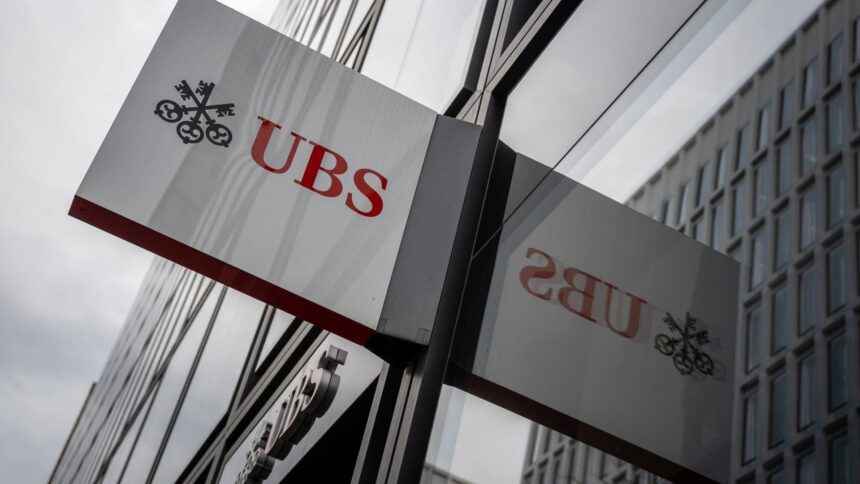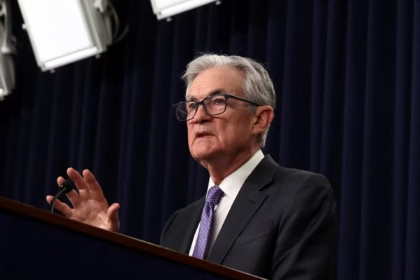Swiss banking giant UBS reported a strong second quarter, with net profit more than doubling compared to last year—thanks largely to strong performance from its investment banking and wealth management divisions.
Net profit attributable to shareholders reached $2.395 billion, up from $1.136 billion in Q2 2023. This figure comfortably beat analyst expectations, which had pegged profits at around $1.901 billion, according to LSEG data.
Revenue for the quarter came in at $12.112 billion, slightly below the anticipated $12.45 billion, but still showing broad business strength.
Key Performance Metrics:
- Return on Tangible Equity (RoTE) rose to 11.8%, compared to 8.5% in the previous quarter.
- CET1 Capital Ratio (a key solvency metric) stood at 14.4%, marginally up from 14.3% in Q1.
The bank’s global markets division posted a 25% year-on-year revenue increase, reaching $2.3 billion, aided by market volatility early in the quarter. Meanwhile, its global wealth management unit saw a 12% rise in transaction-based income, highlighting client activity.
Net interest income (NII), which reflects the spread between income from loans and payments on deposits, landed at $1.965 billion. UBS had earlier cautioned of a small drop, but the result was steadier than forecasted.
Looking ahead to Q3, UBS expects NII to remain broadly stable in Swiss francs, with a slight increase in U.S. dollar terms.
The bank’s NII performance comes under scrutiny as Switzerland in June returned to a 0% interest rate, an effort to tackle a strong franc and tame falling inflation.
Market and Regulatory Pressures
UBS shares have experienced volatility in 2024, largely due to its U.S. exposure and investor nerves around escalating trade tensions. The bank highlighted that while market sentiment remains generally positive, macro and geopolitical uncertainties are still influencing investor behavior. Nevertheless, UBS reported strong deal pipelines and growing confidence among clients.
On the regulatory front, UBS is grappling with tighter capital requirements at home. Swiss authorities have proposed the bank hold an additional $26 billion in core capital, citing concerns over its size and systemic importance after acquiring Credit Suisse last year. Regulators worry that UBS has become “too big to fail,” posing potential risks to the national economy in the event of a downturn.
While UBS said it broadly agrees with the goal of the proposals, it opposes the scale of the capital hike, warning it could force the bank to hold as much as $42 billion more in CET1 capital—a move it says would constrain lending, reduce risk appetite, and potentially restrict access to funds.
In late June, a Swiss parliamentary committee voted to delay parts of the new capital rules, offering the bank temporary relief amid ongoing negotiations.











